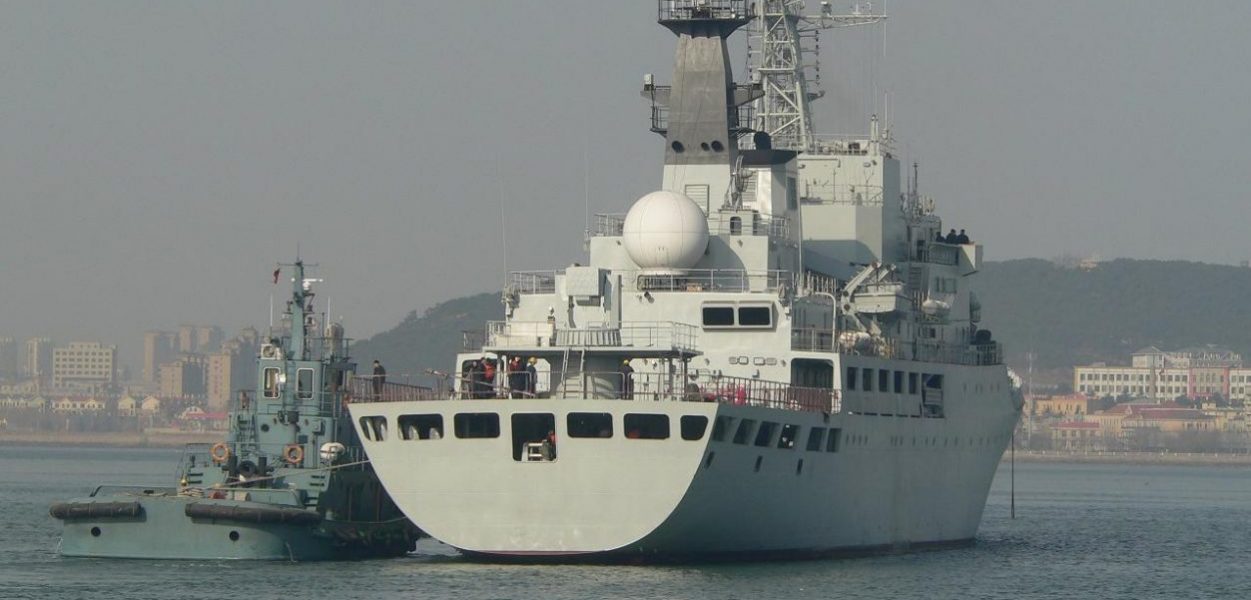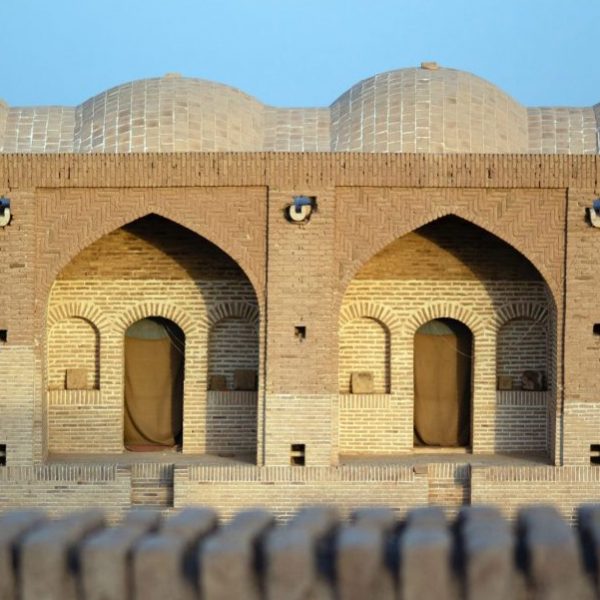Djibouti: the Great Power Frontier
Geoffrey F. Gresh—
During a recent trip to Djibouti, I was invited to a luncheon following a lecture I delivered on the western Indian Ocean at the International Maritime Organization’s (IMO) local headquarters by a commander of Italy’s military base. Along with the Italians, my luncheon partners for this special event included the Japanese Self-Defense Forces (SDF) base commander and his leadership team from across town. The symbolic presence of my Japanese and Italian counterparts was not lost on me and highlighted how much history had shifted since the Second World War. The meal included deliciously baked brick oven pizza cooked in a specially designed stove by an Italian reservist who had previously won national
One day prior to the luncheon, and in a sign of the emerging complexity of Djibouti’s geostrategic location at the opening of the Bab al-Mandeb, I toured the Doraleh Multipurpose Port prior to my IMO lecture. The Doraleh Multipurpose Port houses both the IMO’s local headquarters and China’s new military base that opened in 2017. Following my IMO remarks, I had the opportunity to engage with both local officials and some of the many international military officers currently stationed in the capital, including the People’s Liberation Army (PLA). While standing on stage after my presentation, several
For the past decade or more, Djibouti has been an essential hub for a multinational maritime task force that formed in 2009 to combat piracy around the Horn of Africa, but Djibouti has since emerged as a new geostrategic hub in an era of great power competition. Both Japan and China have established their first ever foreign military bases beyond their regional seas (in the case of Japan it is the first one since the Second World War). Aside from the U.S., China, Japan, and Italy, the French as former colonizers of the tiny nation also maintain a base in Djibouti. Today, the United States houses around 3,000 troops at Camp Lemonnier, which is its largest basing outpost in Africa. By comparison, China has roughly 2,000 troops currently stationed at its base, while Japan has approximately 600 Self-Defense Force (SDF) military personnel at its basing compound. Throughout my time in Djibouti, it was apparent that the U.S. had worked diligently to reinforce and solidify its ties to many important allies and partners operating across Djibouti and along the dangerous maritime waterways of the Bab al-Mandeb and Gulf of Aden. Being invited to a luncheon following my lecture at the IMO by the Italian base commander further displayed the importance of these strategic relationships.
As someone who studies the politicization of foreign basing nations globally, Djibouti offers an important case displaying the growing competition between United States, China, and Japan. By all accounts, Djibouti is a rather sleepy nation with beautiful vistas of the Arabian Sea but is located in one of the more dangerous regions in the world with Yemen to the north across the Bab al-Mandeb and Somalia to the southeast. But the competitive dynamics emerging in real time regionally with China’s growing military, economic, and political presence symbolizes the challenges that lie ahead. Djibouti is a microcosm of bigger dynamics at play and as China tightens its economic and military grip over Djibouti beyond its original mission of counter-piracy operations, it might become harder for the government to balance between the desires of the United States, Japan, and other European powers vis-à-vis China. I will forever remember my luncheon with the Italians and Japanese but recognize that difficult days lies ahead of a U.S.-led coalition across the western Indian Ocean and beyond.
Geoffrey F. Gresh, professor of international relations at the National Defense University, Washington, D.C., is the author of Gulf Security and the U.S. Military: Regime Survival and the Politics of Basing.
Further Reading:



























